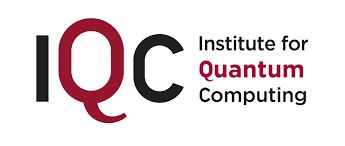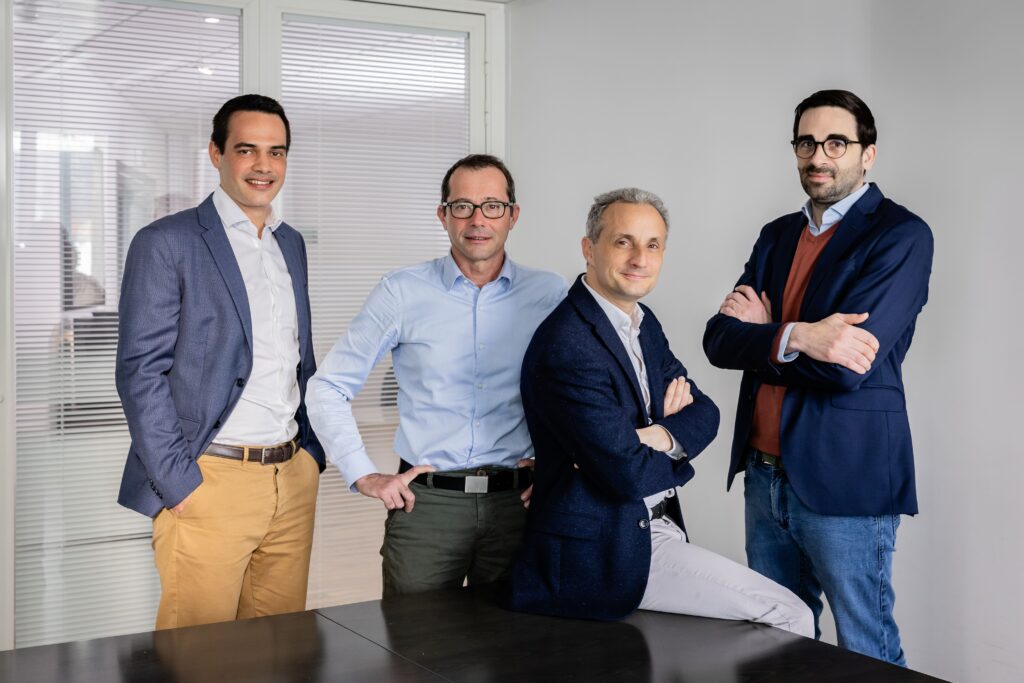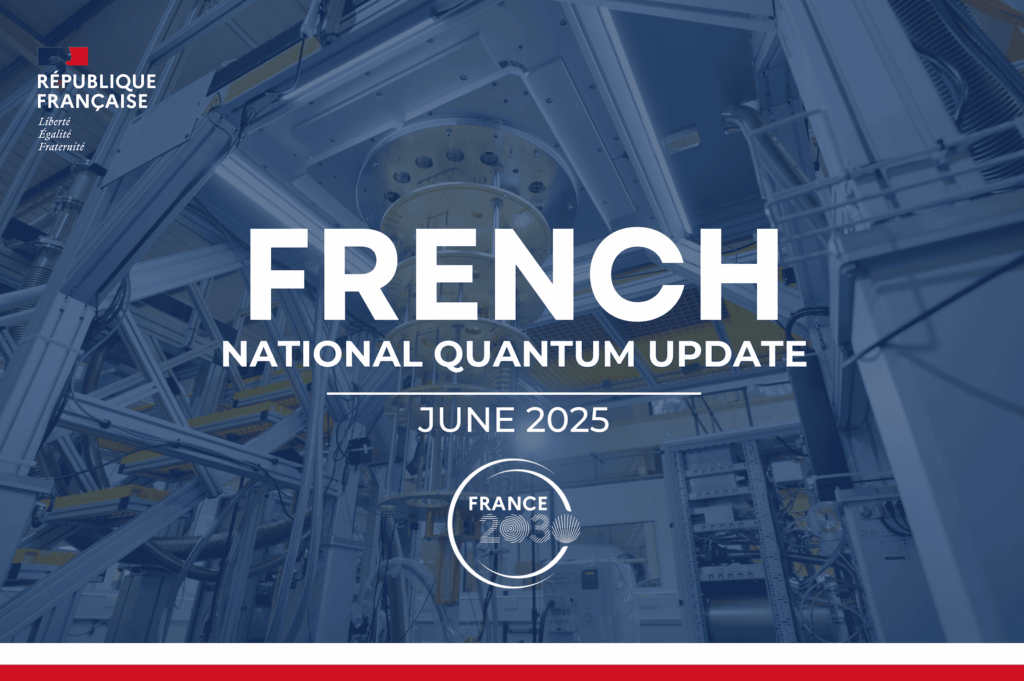
Unification
Researchers at the Institute for Quantum Computing (IQC), along with a member of the physics and astronomy faculty at the University of Waterloo, have just come up with a novel and far more efficient computing approach for pairing the reliability of a classical computer with the power of a quantum system. This unifying of quantum with classical systems opens up the possibilities for new discoveries within the discipline of quantum technologies.
The research, published in Physical Review Letters, was also in partnership with the University of Innsbruck while funding came from Canadian-based global research organization CIFAR.
“In the future, quantum computers could be used in a wide variety of applications including helping to remove carbon dioxide from the atmosphere, developing artificial limbs and designing more efficient pharmaceuticals,” said Christine Muschik, a principal investigator at the Institute for Quantum Computing (IQC) and a faculty member in physics and astronomy at the University of Waterloo.
Feedback Loop
The researchers are the first to suggest a resource-efficient, measurement-based approach in a feedback loop with a classical computer, which is a new method to deal with hard computational problems utilizing small quantum states because they have been custom-tailored to specific types of problems.

The technique of adopting a hybrid computing system, in which a classical computer processor and a quantum co-processor are matched into a feedback loop, hands Muschik’s team a more reliable and powerful approach with additional flexibility not possible when employing a quantum computer by itself.

Contrary to the tried and tested way of building hybrid computers based on quantum gates, the team gravitated towards an approach of doing quantum computations that could be executed without gates. This was achieved by creating an algorithm in which a hybrid quantum-classical computation is carried out by performing a sequence of measurements on an entangled quantum state.
Positive Signs
The overall research bodes well for all quantum software developers and experimentalists as it lays out a revolutionary way of approaching optimization algorithms.
One of the key attributes of this type of algorithm is that provides high error tolerance, commonly a problem in quantum systems, and has a high level of flexibility, as it can operate on a variety of quantum systems, photonic quantum co-processors among them.
By eliminating the reliance on quantum gates and bringing into play entangled quantum states, this new and exciting approach in near-term quantum applications brings on a scenario where Muschik and her team are sure they will be able to create feedback loops that can be customized to the datasets that the computers are researching in a more efficient manner.
“Quantum computers have the potential to solve problems that supercomputers can’t, but they are still experimental and fragile,” said Muschik.
If you found this article to be informative, you can explore more current quantum news here, exclusives, interviews, and podcasts.
















